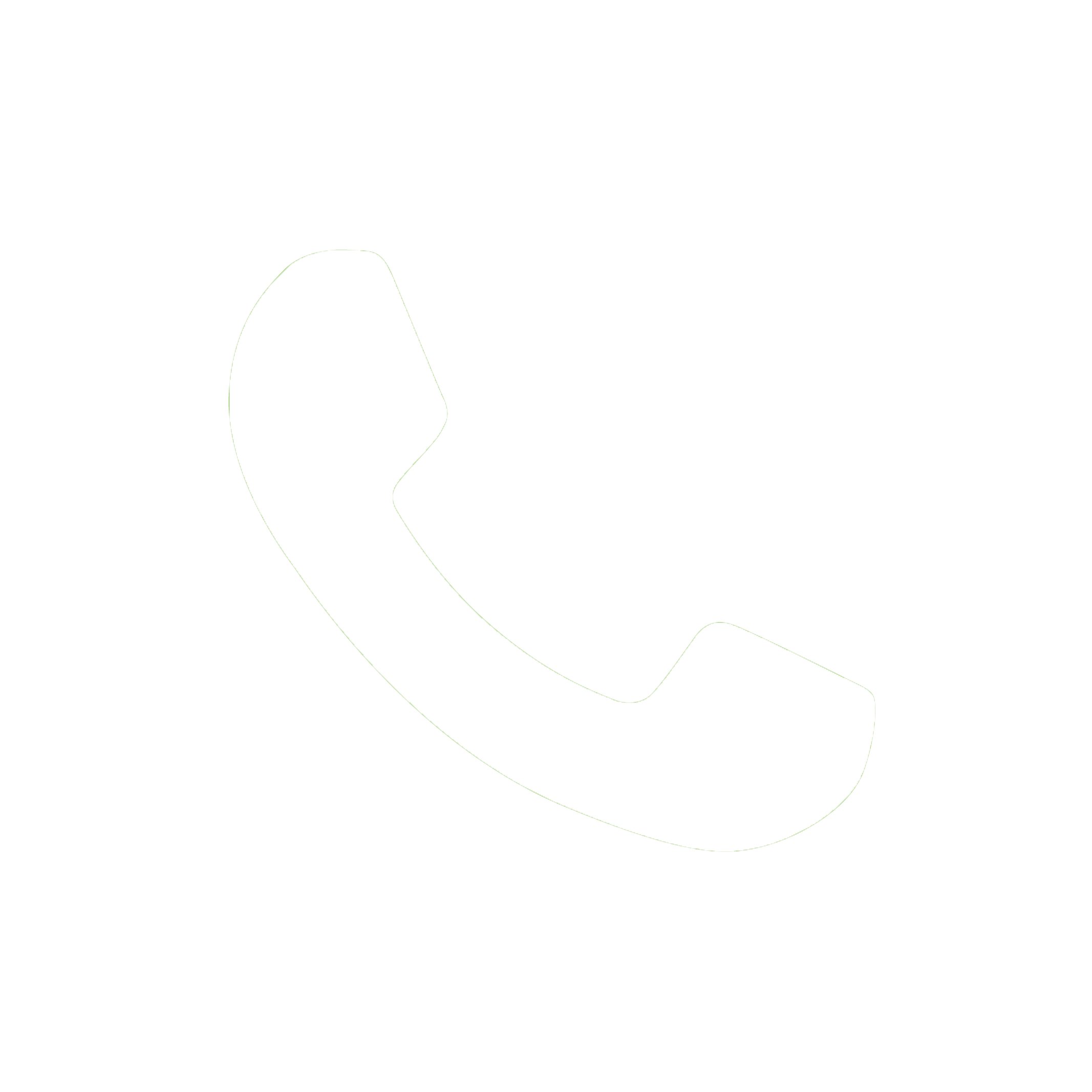
+31 6 83 82 28 80

In our "post-truth" world, information can be overwhelming. "Fake news" or "alternative facts" are phenomena that most of us are familiar with. How does one wade through an ocean of different viewpoints? More importantly, how does one know which viewpoints are trustworthy? If a news article uses a source from a field that you are no expert in, how can you properly assess the validity of the arguments supported by said source?
An app or web-browser plugin that can be easily installed and will read the news articles. Instead of simply looking at the sources of the article and giving the article a score (such tools already exist), this plugin/software will deconstruct the arguments themselves. As the software scans the article sentence-wise and paragraph-wise, it will mark erroneous arguments (i.e. logical fallacies). If the software finds a claim/statement, it will check the database for conclusions related to that particular (sub)topic and show them on the screen. The software will also show opposing statements (if they exist) and their sources. It also asks critical questions to stimulate critical thinking about certain topics. The database can be seen and edited by everyone (much like Wikipedia), only it will be actively screened by experts from the respective fields.